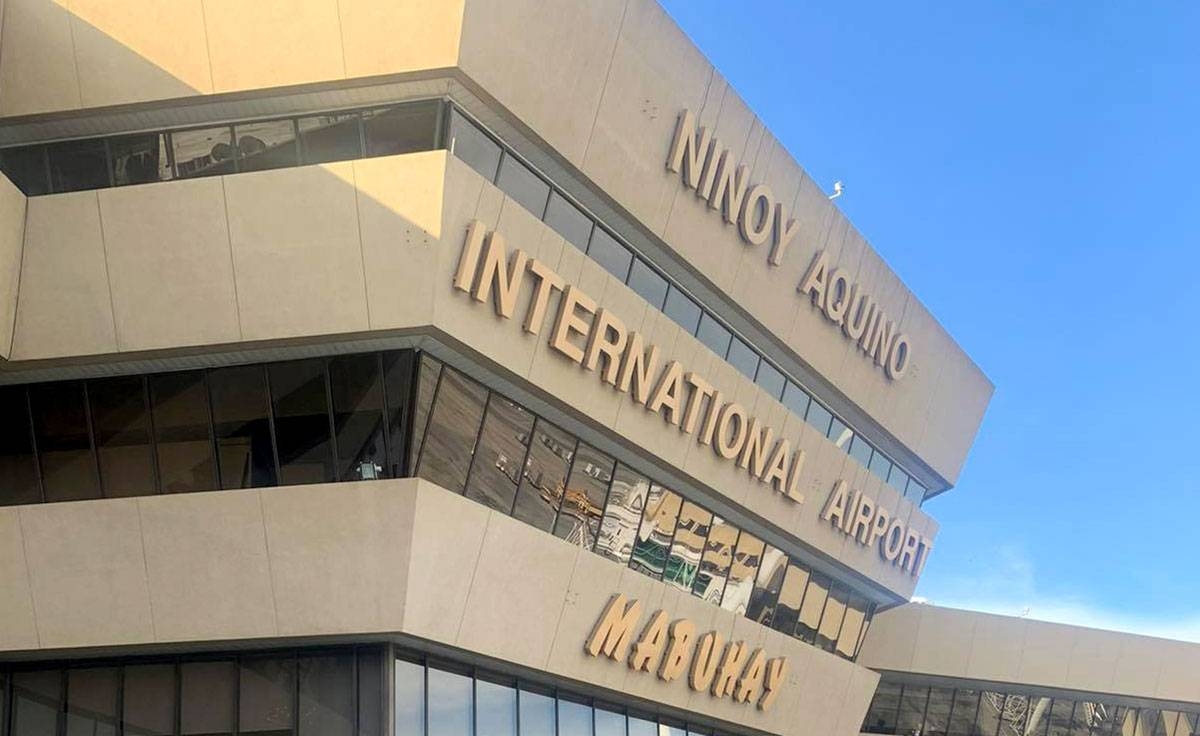The Bureau of Immigration (BI) has recently expressed alarm over the increasing number of foreign sex offenders (FSOs) attempting to enter the Philippines through major ports of entry, including the Ninoy Aquino International Airport (NAIA) and provincial airports like Cebu. Immigration Commissioner Norman Tansingco highlighted that these entry attempts by sex offenders have become a “daily trend” and are not limited to Manila alone.
This worrisome trend has raised concerns about the potential resurgence of sex tourism in the country. Sex tourism refers to the practice of traveling to foreign countries with the intention of engaging in sexual activities in exchange for money. Tansingco suspects that unscrupulous groups or individuals may be promoting this illicit industry.
However, the BI is determined to prevent the resurgence of sex tourism in the Philippines. Commissioner Tansingco emphasized that the immigration act prohibits the entry of aliens convicted of crimes involving moral turpitude, including sex offenders. The BI is fully committed to ensuring the safety of women and children by denying entry to these undesirable individuals who pose a threat to society.
Tansingco attributes the potential resurgence of sex tourism to the reopening of the country’s borders after the pandemic. He noted that during the pandemic, there was an increase in online exploitation of women and children. With the resumption of international travel, the number of FSOs attempting to enter the Philippines has risen, indicating that the exploitation continues. As tourism returns, foreigners with intentions to abuse the country’s hospitality seem to be returning as well.
The BI has issued a warning to these predators, cautioning them against attempting to enter the country. The bureau maintains close coordination with different governments, who provide valuable information about sex offenders attempting to enter the Philippines. This collaboration allows the BI to take necessary action and prevent their entry.
Under the Philippine Immigration Act of 1940, individuals convicted of a crime involving moral turpitude, such as sex offenders, are ineligible to enter the country. This provision serves as a strong deterrent against the entry of individuals with a history of sexual offenses.
Unfortunately, the Philippines has been recognized as one of the top 10 sex tourism destinations in the world. Other countries on this list include Germany, the Netherlands, Colombia, Thailand, the Dominican Republic, Spain, Kenya, and Brazil. The government recognizes the urgency of addressing this issue and is committed to taking decisive action to combat sex tourism.
Highlighting the recent incidents, over the weekend, BI frontline officers intercepted two more FSOs attempting to enter the country. The individuals, identified as Mark David Scanlon and Richard Stuard Patterson, both Americans, were convicted of sexually molesting minors in the United States. Scanlon arrived at the Mactan-Cebu International Airport (MCIA) from Taiwan, while Patterson arrived at the NAIA 1 terminal from Los Angeles. Both individuals were promptly denied entry and sent back to their ports of origin.
Further investigation revealed that Scanlon was convicted in 2012 by a court in Cook County, Illinois, for indecently soliciting a child over the internet. Patterson, on the other hand, was convicted in Oregon in May 2011 for sexual abuse in the second degree and sodomy in the third degree, involving victims aged 15 and 13, respectively.
The interception of Scanlon and Patterson is just one instance among more than 150 foreign registered sex offenders (RSOs) who have been refused entry at airports since January. Most of these RSOs were intercepted at NAIA, while a few were excluded at the airports in Mactan, Cebu, and Clark, Pampanga.
The BI remains committed to its duty of protecting the Philippines from the resurgence of sex tourism. By enforcing strict immigration regulations and collaborating with international partners, the bureau aims to maintain the safety and security of women and children in the country.
Source: The Manila Times







